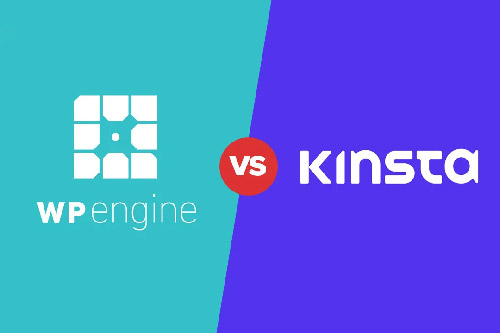Chrome's Third-Party Cookie Shutdown: Navigating the End of Third-Party Cookies
Understanding
Third-party cookies function as data collectors across websites, enabling advertisers to track user behavior and deliver personalized ads. Unlike first-party cookies, which serve functional purposes within a specific website, third-party cookies raise privacy concerns due to their pervasive tracking capabilities. This transition also highlights the distinction with zero-party data, voluntarily shared by users through direct interaction, which offers insights without compromising privacy.

Google’s Decision and Industry Implications
Google's decision aligns with global trends towards enhanced privacy protections, responding to regulatory frameworks like the Digital Markets Act. This move aims to mitigate ethical concerns surrounding data privacy and user consent in digital advertising practices.
Impact on Marketing Strategies
Analytics: Marketing analysts reliant on platforms such as Google Analytics for comprehensive user insights will need to adapt. Although alternatives exist, the granularity of data may diminish, necessitating a shift towards more privacy-compliant analytics solutions.
Advertising: The removal of third-party cookies disrupts targeted advertising strategies that rely on precise user tracking. Analysts must pivot towards contextual advertising and content-driven approaches that prioritize user engagement over invasive tracking methods.
Privacy and Consumer Trust
Emphasizing consumer privacy can become a competitive advantage. By fostering direct engagement through email marketing, social media interactions, and content marketing, analysts can build trust without compromising user privacy.
Adapting to the New Landscape
Navigating the post-cookie era demands agility and innovation from marketing analysts. Exploring alternative data collection methods and staying abreast of evolving advertising platforms’ capabilities will be essential to maintaining effective campaign performance.
While the phasing out of third-party cookies poses challenges, it also presents opportunities for marketing analysts to adopt more ethical and effective digital marketing practices. By prioritizing user privacy and embracing innovative strategies, analysts can navigate this transformative period while continuing to drive meaningful connections with their audiences.
















